Robert S. McNamara (1916-2009), considered one of the “main architects” of the war in Vietnam, served as the US Secretary of Defense from 1961 to 1968 under the administrations of President John F. Kennedy and President Lyndon B. Johnson, with such an important role that the war in Vietnam was also called by the US side “McNamara's War” [1].
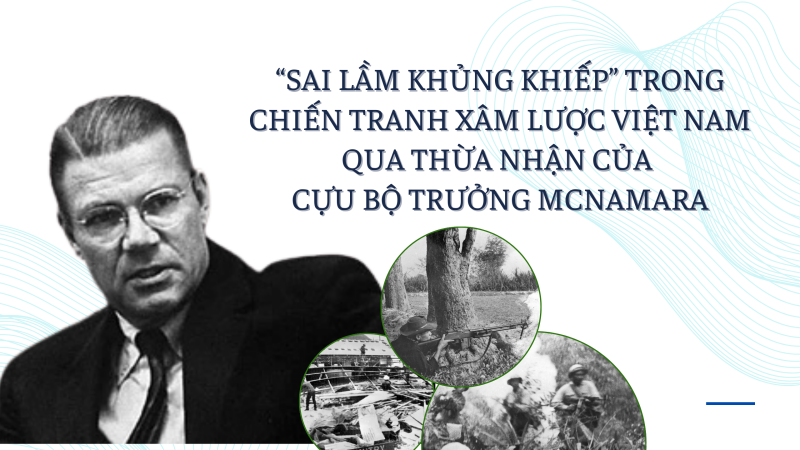 |
Those under Kennedy and Johnson, including McNamara, participated in decisions about the Vietnam War based on what they considered to be American principles, values, and traditions. During his first visit to Saigon in 1962, McNamara confidently declared: “Every quantitative measurement we have shows we're winning this war!”[2] However, it was not long before McNamara gradually realized the instability both on the battlefield in South Vietnam and within the United States.
As the Secretary of Defense, he had lost all faith in the war in Vietnam since the end of 1963. However, few people expected that in his memoir “In Retrospect: The Tragedy and Lessons of Vietnam”, Random House Publishing House, 1995 (translated by Ho Chi Minh Hanh, Huy Binh, Thu Thuy, Minh Nga: “Looking back at the past - The tragedy and lessons of Vietnam”), McNamara frankly admitted “We were wrong, terribly wrong” right in the opening of the book.
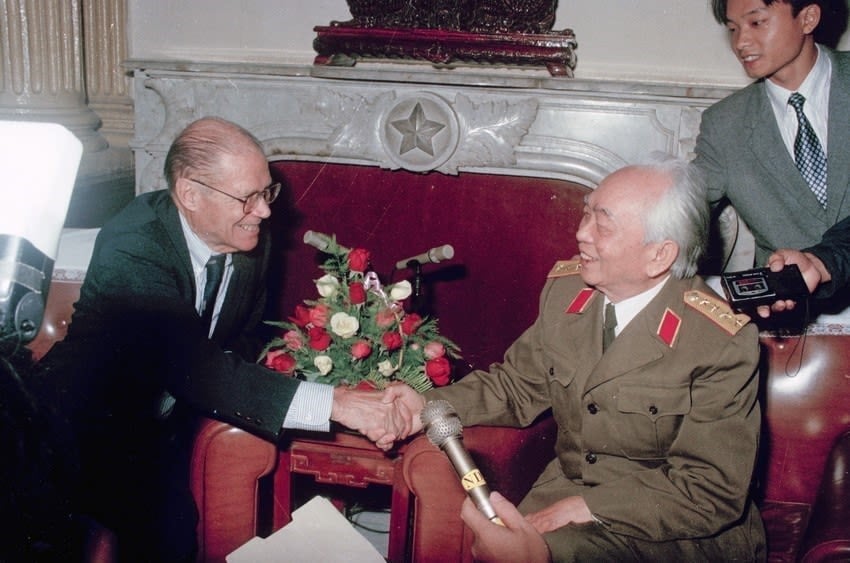 |
| In photo: General Vo Nguyen Giap and former US Secretary of Defense Robert McNamara, who commanded both sides of the front line, met face to face for the first time in Hanoi on November 9, 1995 after the two countries normalized relations. (Photo: Kim Hung/VNA) |
Nearly 30 years after leaving the position of Secretary of Defense, McNamara officially announced the book about the mistakes of the US in the Vietnam War, things that he "intended never to say". McNamara not only relied on his memory but also consulted and reviewed a large number of documents, and cooperated with historian Brian VanDeMark to help collect and analyze related documents to ensure that the Memoir accurately described the events, recreating the 7 years in office as Secretary of Defense and his comments on the entire war from his perspective.
One of the most serious mistakes that McNamara mentioned was that the US misjudged the nature of the war. The US viewed the Vietnam War as part of a global war against communism, while in fact it was a war for independence and national reunification of the Vietnamese people. The US government viewed North Vietnam as a mere tool of the Soviet Union and China, ignoring the national factor and the desire for independence of the Vietnamese people, leading to a misjudgment of the motivation, endurance, and strong will to fight of the Vietnamese people.
One truth that haunted McNamara until the end of his life was that the American government, including McNamara, the Presidents, and many other high-ranking officials, did not understand Vietnam properly and sufficiently. To varying degrees, they had little understanding or appreciation for the culture, history, and values of the region. This lack of understanding led to erroneous policies, and further to America’s quagmire and stalemate in the war. “If only we had known” became a familiar saying of McNamara later on - about the determination of the enemy, about the systemic political problems in South Vietnam, about the tradition of Vietnam resisting foreign powers. [3]
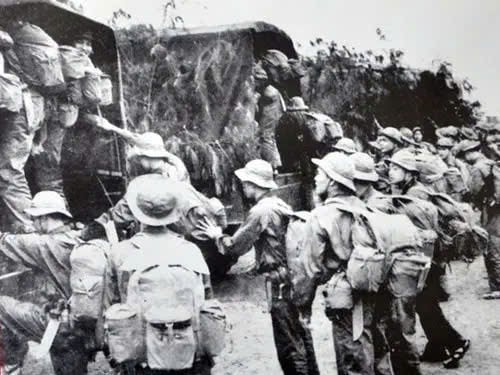 |
During the first stage of the US's destructive war, the North had the task of both fighting and producing; maintaining the cause of building socialism while fulfilling the role of a great rear base for the great front line. In the photo: Hanoi youth enthusiastically set out to support the South during the 1968 Tet Offensive. (Photo: Document/VNA) |
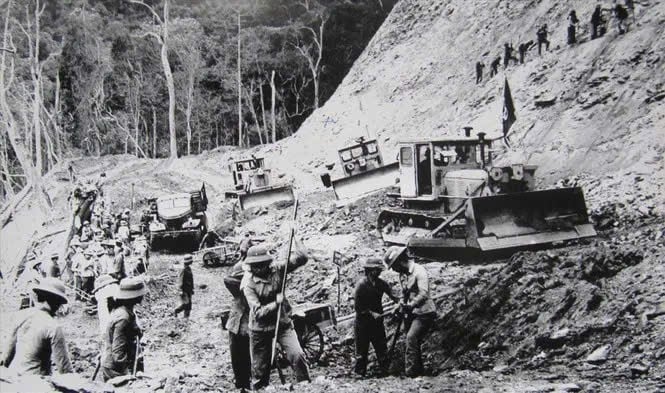 |
| During the first four years of the US war of destruction in the North (1965-1968), through two strategic transportation routes: the Truong Son road and the Ho Chi Minh road at sea, the North sent to the battlefields and liberated areas of the South a quantity of human and material resources 10 times greater than the previous period. In the photo: Youth volunteer forces and frontline laborers ensure traffic on the Truong Son road. (Photo: Document/VNA) |
As the war deepened, the fear of defeat in Vietnam grew, prompting President Johnson to accept the bombing, despite concerns about instability in South Vietnam. Operation Rolling Thunder, which targeted North Vietnam, was initially carried out in secret from the American public, beginning on March 2, 1965, and lasting three years, with more bombs dropped on Vietnam than were dropped on Europe during World War II.[4]
The cost of the bombing campaign in Vietnam was truly heavy: many American pilots went missing, the number of civilian casualties increased dramatically, making the situation even more tense. Not only that, the fact that a superpower like the US continuously attacked a small country made the international community support North Vietnam even more. The bombing campaign ultimately did not achieve the initial strategic goals that the US expected, nor did it break the spirit of Hanoi, on the contrary, it strengthened Hanoi's will. The US did not realize the limits of modern weapons when confronting a small but resilient country that yearned for independence and unity.
McNamara’s admission not only reflected the “terrible mistakes” in military strategy, but also showed the limitations in the US political approach in South Vietnam. The US had perceived, evaluated and expected too much of South Vietnam. McNamara expressed deep disappointment with the weak leadership and management capacity, the contradictions and power struggles of South Vietnamese officials and generals at that time.
On the domestic front, McNamara frankly admitted that the US government had failed to organize an effective leadership apparatus to handle the complex issues of the war. Faced with a deeply divided US government on the Vietnam issue, Kennedy was unable to create the necessary consensus among his advisors and senior officials: “Faced with a choice between evils, he was indecisive for a long time.”[5] There was a deep conflict within the US government over the direction and methods of conducting the war. When witnessing Secretary of State Rusk and McNamara struggling with the Vietnam War, National Security Advisor Mac Bundy made a poignant comment: The Secretary of State was trying to find a military solution, while the Secretary of Defense was leaning towards peace negotiations.[6]
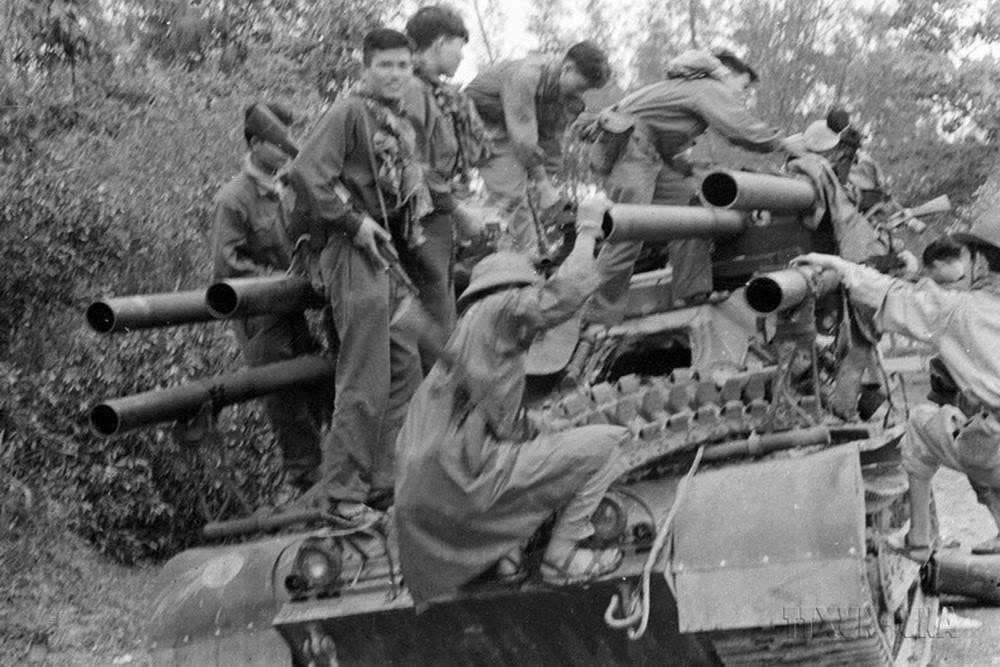 |
| In photo: US tanks captured by the Liberation Army. (Photo: Document/VNA) |
McNamara also did not hesitate to point out serious problems in the way the US government handled information for the domestic public, specifically the lack of transparency and manipulation of information. Regarding the Gulf of Tonkin incident in August 1964, although McNamara did not specifically admit that the US had created it as an excuse to expand the war, the Memoir mentioned the possibility that the incident was exaggerated and information was not fully provided, and was partly hidden. This deception undermined people's trust, contributing to the creation of a long-lasting anti-war movement and strong social divisions across the US. Anti-war protests broke out continuously demanding the closure of the Pentagon.
Before becoming deeply involved in the Vietnam War, the United States failed to hold open and honest discussions with Congress and the American people about the benefits and risks of the war. As the war dragged on and unfolded beyond expectations, the U.S. government failed to maintain popular support because it failed to explain the real situation clearly. McNamara believed that if the decision to withdraw from South Vietnam had been made earlier, American security would have been less damaged and the cost in terms of lives, politics, and society for both the United States and Vietnam would have been much lighter. America's mistake in Vietnam was also the lack of courage to admit mistakes earlier. The mistakes created a spiral of mistake after mistake, leading to America's total failure in the Vietnam War: "We slid down a slippery and tragic slope."[7]
The war is long gone, but the lessons of history remain. The admission of the former US Secretary of Defense is proof of the need to learn from the past to avoid repeating mistakes in the future. During his return to Vietnam in 1995, McNamara told reporters on November 10: “Time is indeed long, but it helps people to ease their torments about what they have done. What really touched me was that I did not see any hatred in the eyes of the Vietnamese people towards me. A peaceful Vietnam, although not yet prosperous, is indeed beautiful. A country like that, a people like that, they stood firm in the past and will move forward in the future, that is indisputable.”[8]
That sharing not only expressed McNamara's surprise and emotion at the tolerance and kindness of the Vietnamese people, but also contained the reality that time and peace are the medicine to heal the wounds of the past.
References:
[1]: Lawrence S. Kaplan, Ronald D. Landa, Edward J. Drea, The McNamara Reign 1961-1965, History of the Office of the Secretary of Defense, Volume V, History Division of the Office of the Secretary of Defense, Washington, DC, 2006, p. 531.
[2]: Fredrik Logevall, Rethinking 'McNamara's War' , The New York Times, November 28, 2017,
[3]: Fredrik Logevall, Rethinking 'McNamara's War' , The New York Times, November 28, 2017,
[4]: Robert S. McNamara, Looking Back - The Tragedy and Lessons of Vietnam , National Political Publishing House, Hanoi, 1995, pp. 177, 178.
[5]: Robert S. McNamara, Looking Back - The Tragedy and Lessons of Vietnam , op. cit., p. 82.
[6]: Robert S. McNamara, Looking Back - The Tragedy and Lessons of Vietnam , op. cit., p. 164.
[7]: Robert S. McNamara, Looking Back - The Tragedy and Lessons of Vietnam , ibid, pp. 118, 135.
[8]: Thai An, US documents expose secrets and lies about the Vietnam War, April 30, 2022 | 06:48, https://tienphong.vn/tai-lieu-my-phoi-bay-bi-mat-va-doi-tra-ve-chien-tranh-viet-nam-post1433650.tpo
Source: https://thoidai.com.vn/sai-lam-khung-khiep-trong-chien-tranh-xam-luoc-viet-nam-qua-thua-nhan-cua-cuu-bo-truong-mcnamara-211302.html



![[Photo] Prime Minister Pham Minh Chinh chairs the conference to review the 2024-2025 school year and deploy tasks for the 2025-2026 school year.](https://vstatic.vietnam.vn/vietnam/resource/IMAGE/2025/8/22/2ca5ed79ce6a46a1ac7706a42cefafae)

![[Photo] President Luong Cuong receives delegation of the Youth Committee of the Liberal Democratic Party of Japan](https://vstatic.vietnam.vn/vietnam/resource/IMAGE/2025/8/22/2632d7f5cf4f4a8e90ce5f5e1989194a)



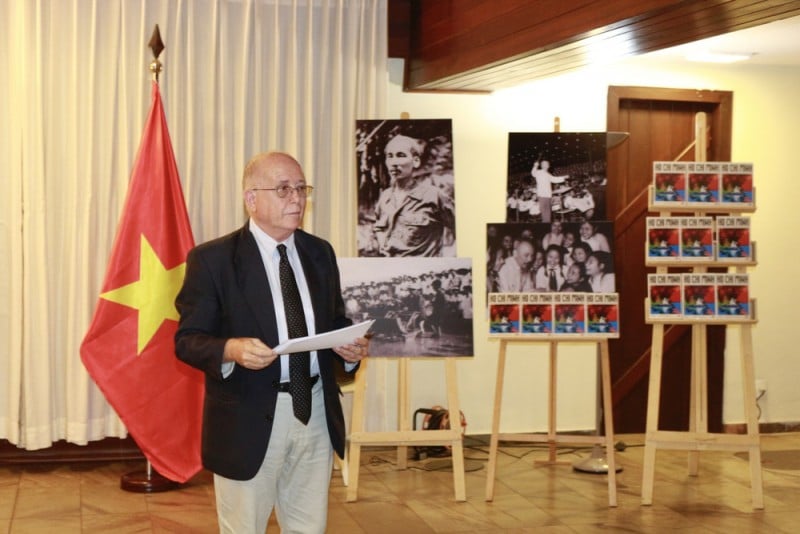


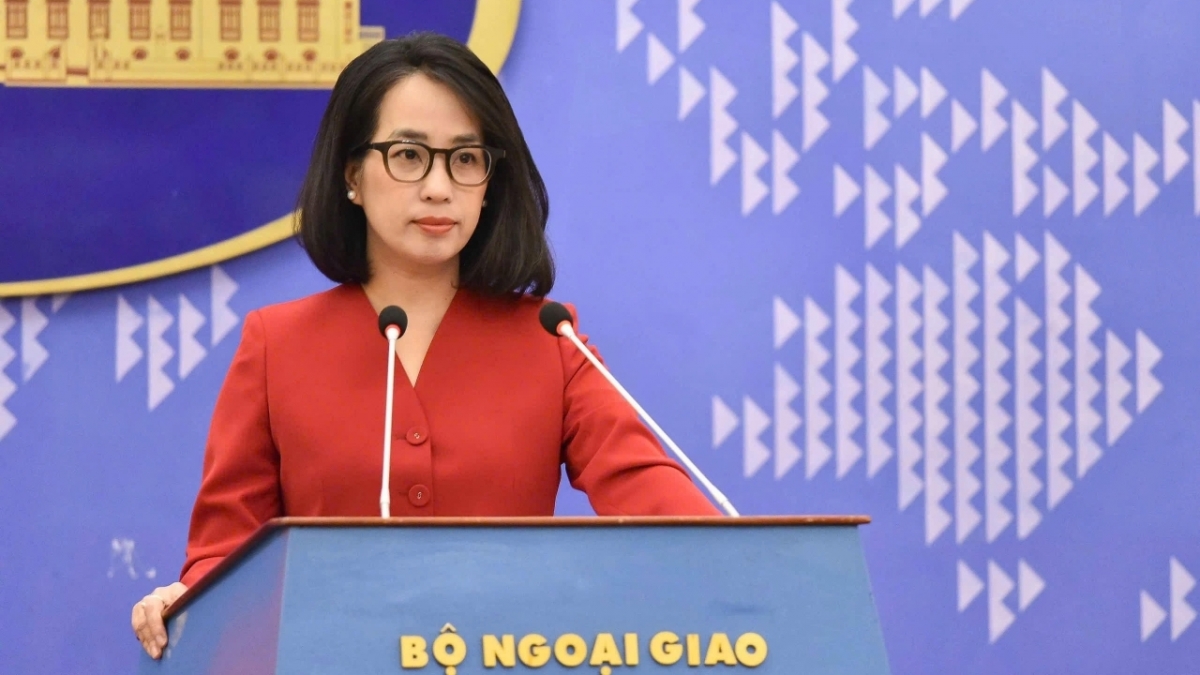

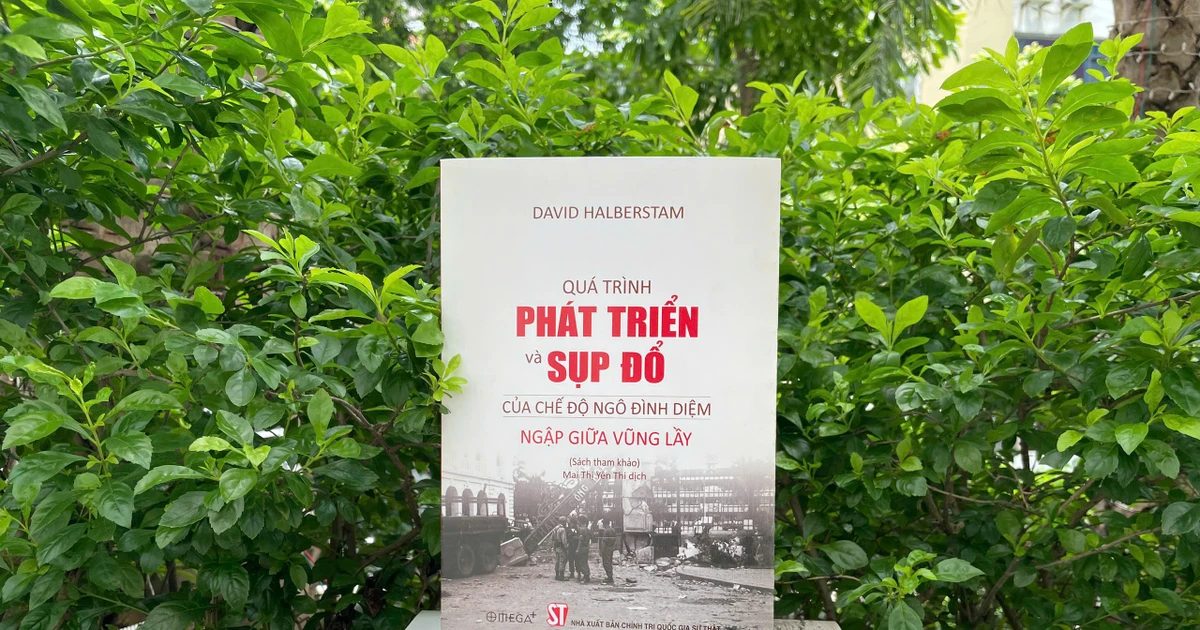







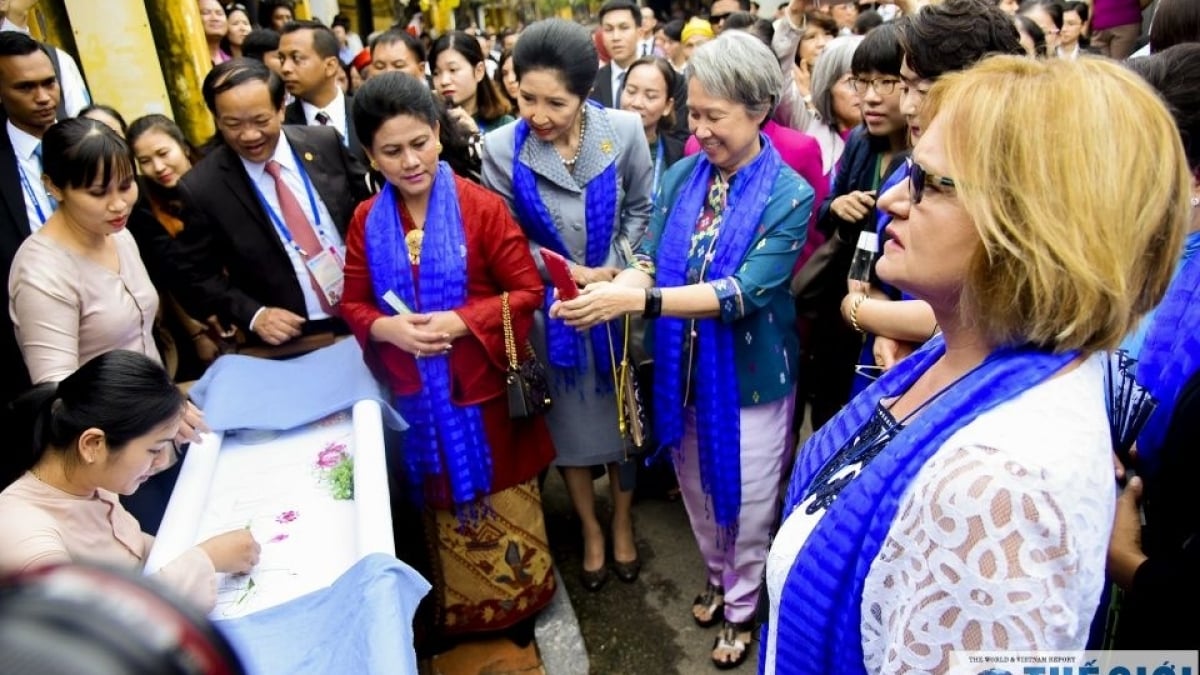
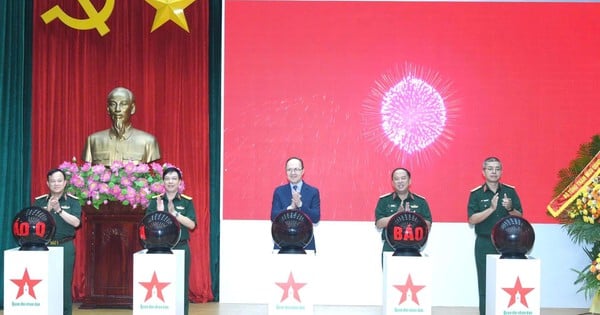


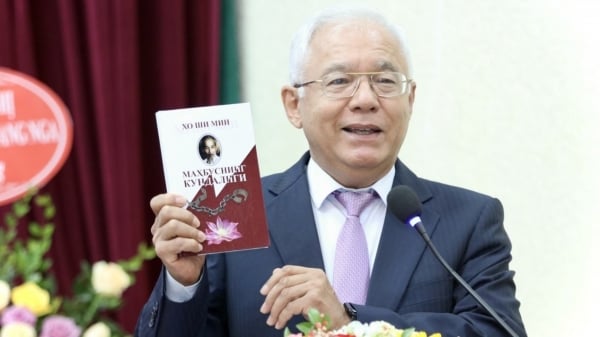



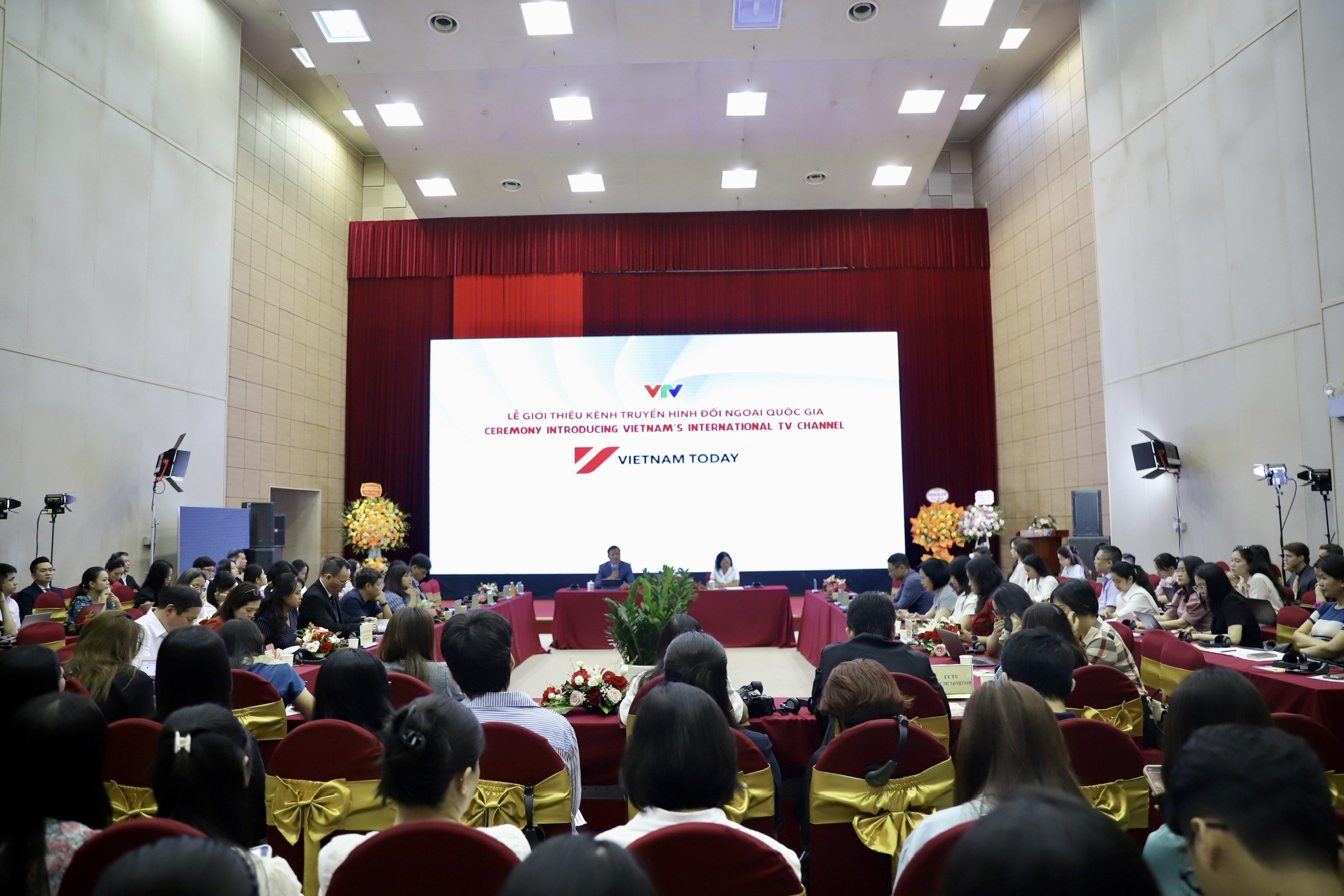
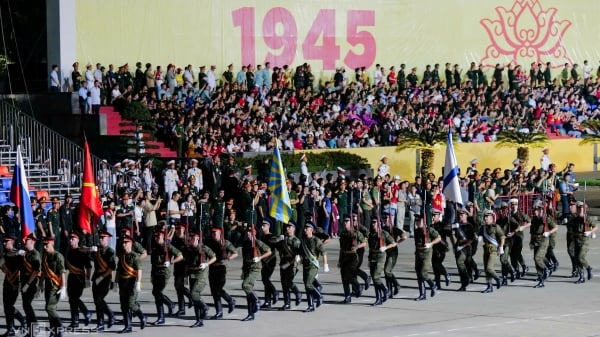
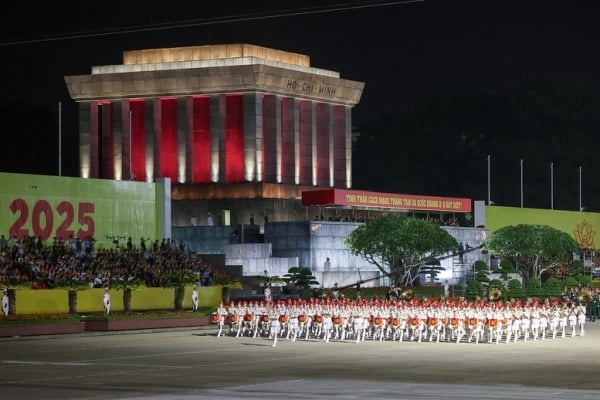

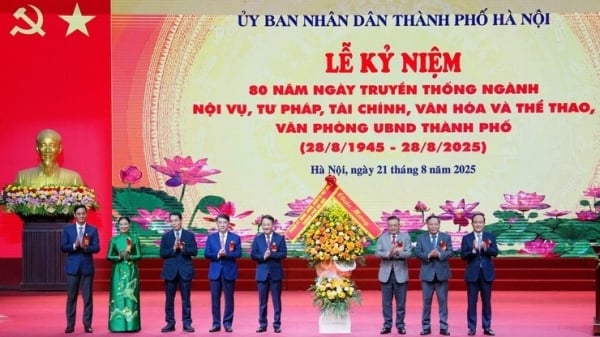
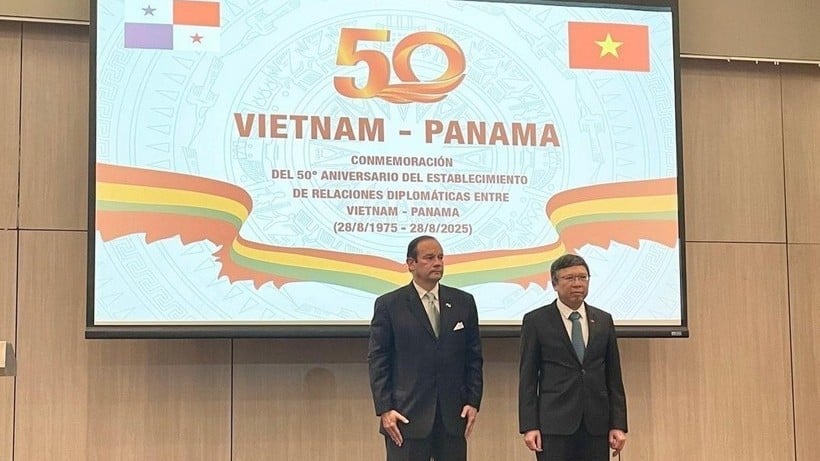














































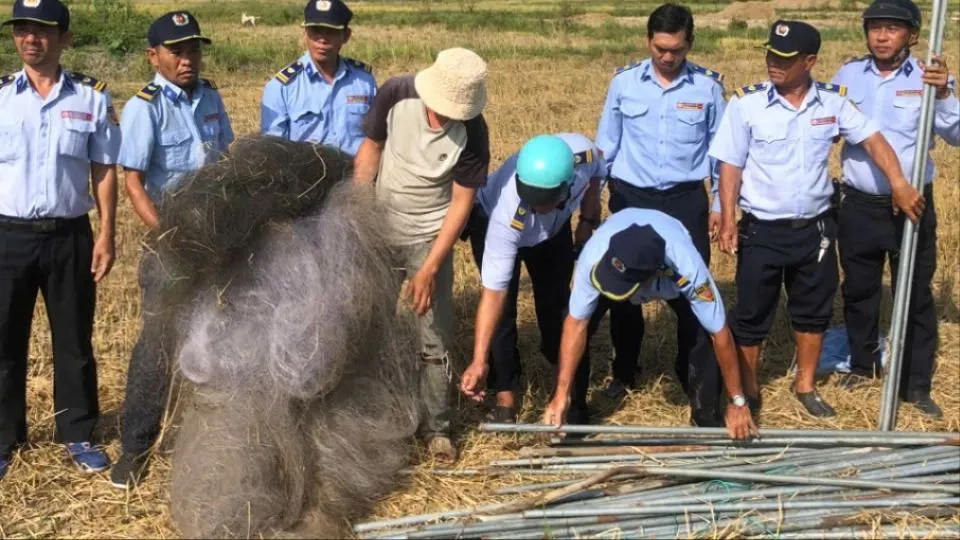
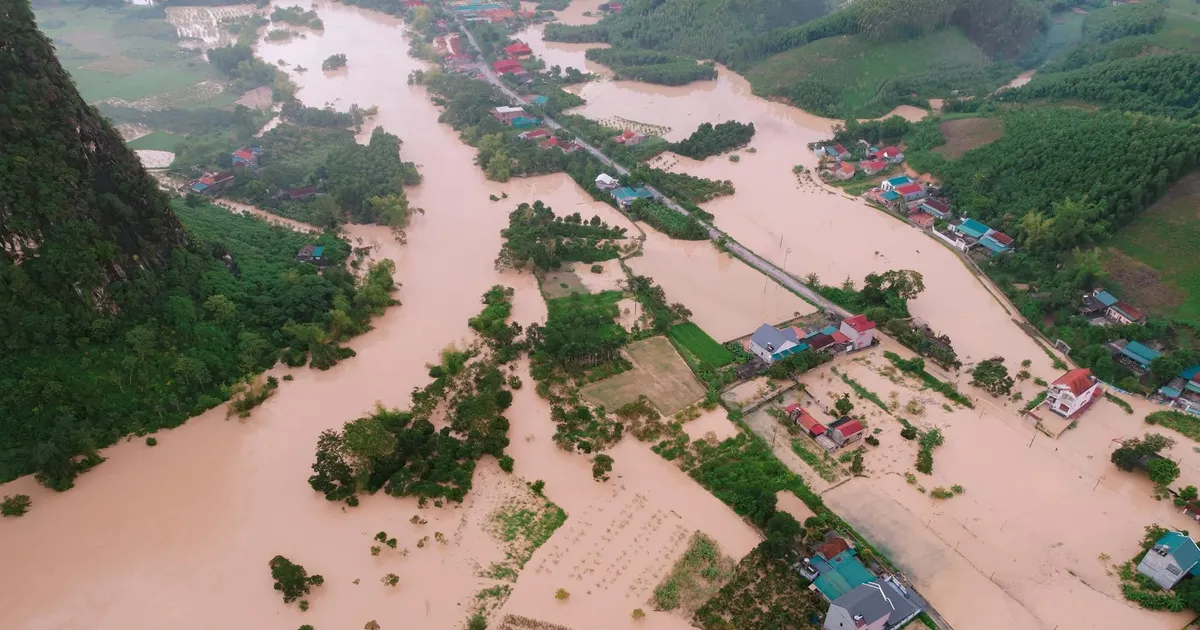



















Comment (0)